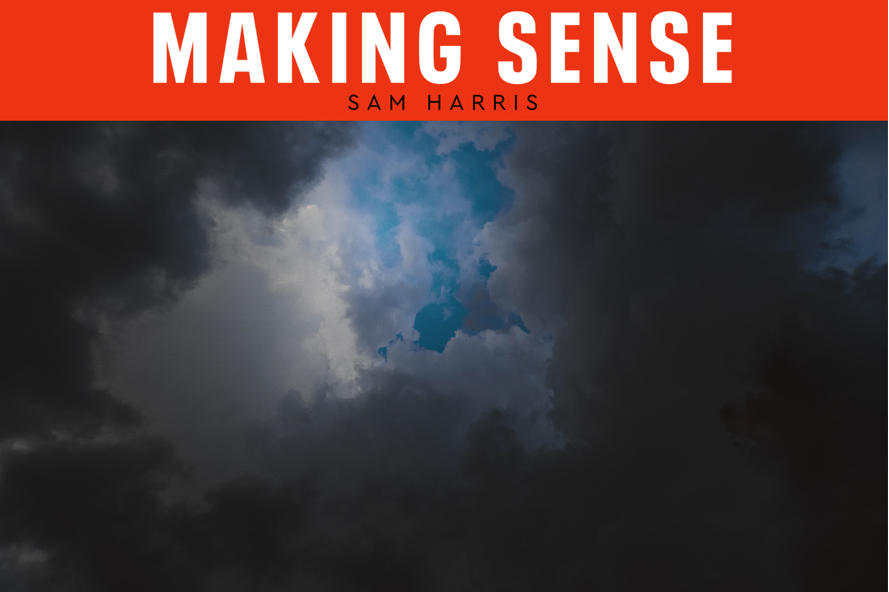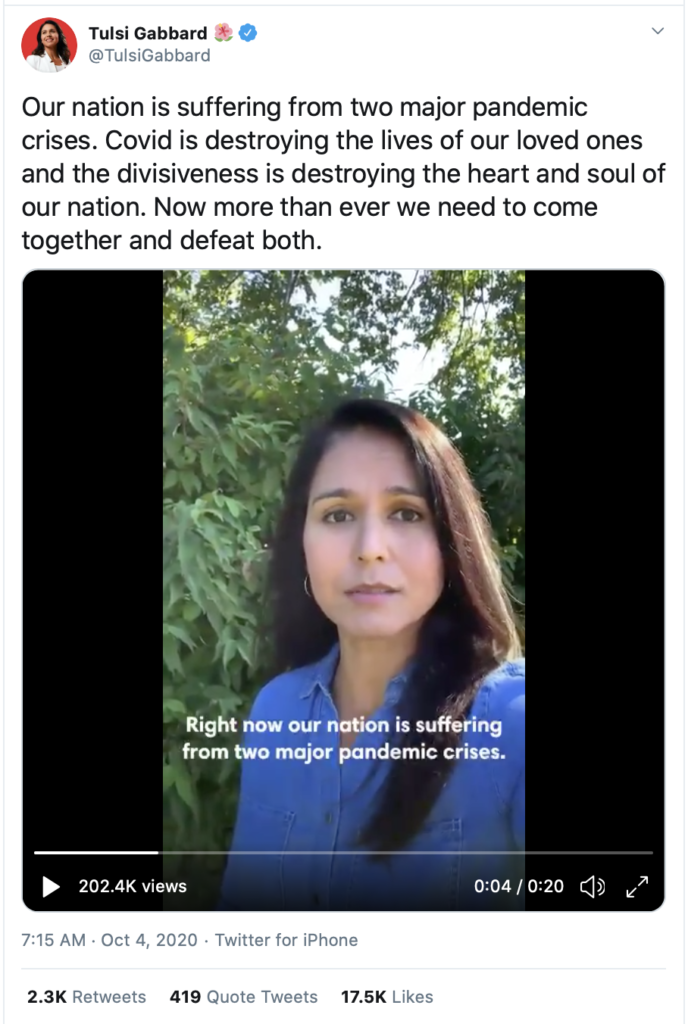John McWhorter Discusses the “Use” versus “Reference” Distinction Regarding the “N” Word.
John McWhorter now has a Substack column and I have signed up to support his work. He recently expressed dismay that a particular group of people pretend that they don't understand this distinction: it is one thing to use a rude word as an epithet to hurt someone and an entirely different thing to refer to that word (in this case, the "N" word) by saying it or writing it in order to discuss that word. Woke mobs are doing everything in their power (including attempted cancellation) to characterize non-harmful uses of the "N" as "harmful to people in exactly the same way it hurts people to hurl the "N" word as an epithet.
McWhorter's position (with which I agree) is that this is all theater and power plays. No one is hurt when we discuss the "N" word and all of us know that. In fact, we should be able to freely discuss the use of that word by using the word. This Woke trip wire should be dismantled. What truly hurts us all is to pretend that use and reference are the same. Here's an excerpt from McWhorter's essay, "The N-word as slur vs. the N-word as a sequence of sounds: What makes the New York Times so comfortable making black people look dim?"
The idea that it is inherent to black American culture to fly to pieces at hearing the N-word used in reference is implausible at best, and slanderous at worst. But the second and more important is that insisting on this taboo makes it look like black people are numb to the difference between usage and reference, vague on the notion of meta, given to overgeneralization rather than to making distinctions.I would like to be the fly on the wall in the private living spaces of all of those people who claim that they are hurt even when someone uses the "N" word merely to refer to it or discuss it (e.g., to discuss the extent to which it is harmful). I smell the strong stench of hypocrisy wafting from the Woke mob. How long before it is a terrible thing to even write "the 'N' word" or "N*****" when merely attempting to discuss the word?
To wit, the get McNeil fired for using the N-word to refer to it makes black people look dumb. And not just to the Twitter trollers who will be nasty enough to actually write it down. Non-black people are thinking it nationwide and keeping it to themselves. Frankly, the illogic in this approach to the N-word is so obvious to anyone who does make distinctions that the only question is why people would not look on and guiltily wonder whether the idea that black people are less intellectually gifted is true.


